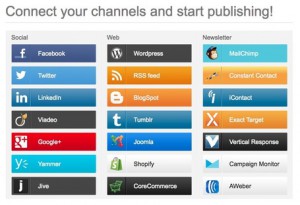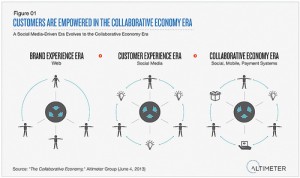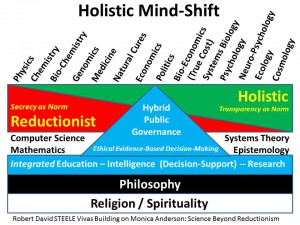
Thomas Malone, director of the MIT Center for Collective Intelligence, is one of the leading thinkers in the realm of anticipating how new technologies will transform the way work is done and leaders lead. His 2004 book, The Future of Work: How the New Order of Business Will Shape Your Organization, Your Management Style, and Your Life,helped thousands of executives and would-be executives see their organizations, and themselves, in startling new ways. As a result, many organizations are becoming more collaborative and democratic. Now, Malone is exploring how social business, data analytics and cognitive computing will transform organizations once again. Here, he talks about the revolution that is coming.
IBM: In your book The Future of Work, you talked about society being on the verge of a new world of work, a key element of which is decentralization of the organization. Since then, the social networking phenomenon has emerged and is sweeping not just popular culture but business organizations as well. How has this explosion of social networking affected your thinking?
Malone: Social networking is a good example of the kind of thing I was talking about in my book when I talked about how the cost of communication was decreasing. At the time I wrote the book, people were looking at e-mail and the Web. But since the book was written, there are these new ways of communicating electronically–Twitter, Facebook, et cetera. I think those are all excellent examples of the same underlying phenomena.
As information technology reduces the cost of communication, it becomes much easier for lots more people to know lots more things and in many cases they’re able to be well enough informed to make more decisions for themselves instead of just following orders from somebody above them in a hierarchy.






